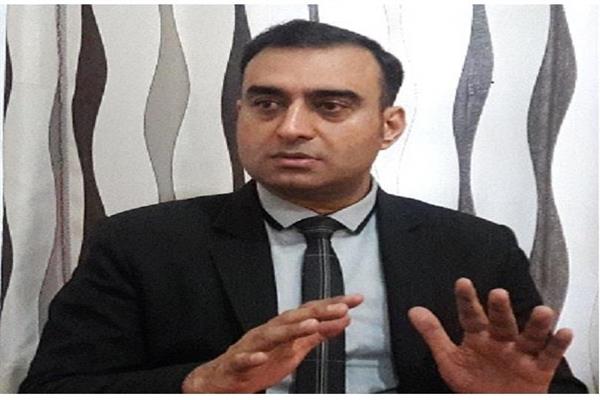Srinagar 5 March (KNB): Doctors Association Kashmir (DAK) today said that new Covid-19 variants can be missed by RT-PCR test.
In a statement issued to Kashmir News Bureau, DAK President and influenza expert Dr Nisar ul Hassan said, “A negative test does not exclude the possibility of infection with a mutated strain of the novel coronavirus.”
RT-PCR test is the most common diagnostic test used to identify people infected with Covid-19 infection, he said, adding that, “We could receive a false negative test result, if a mutant has infected a person.”
DAK President said that the new variants have the ability to evade detection by the molecular test.
“That means a person infected with a mutant may not be detected and consequently may not be isolated from the healthy population,” he said, adding, “And, these individuals will continue to spread the disease in the community.”
Dr. Nisar also said that picking up variants is critical to devise appropriate and effective health policy to prevent and control their spread in the community.
“In order to detect Covid-19 variants, genomic sequencing which assesses the complete genetic structure of the virus is required,” he said.
He said, “While RT-PCR test tells you if Covid-19 virus is in a person’s body, genetic sequencing would tell you about the specific strain of the virus that the person has been infected with.
“We send only positive samples for genetic testing to look for new variants,” he added.
DAK President said, “Sequencing is also needed when variant is suspected, but RT-PCR test has produced a negative result.”
“Detecting and tracking variants is critical to prevent another wave of Covid-19,” he emphasized.
“At just over one year into Covid-19 pandemic, evolution of the virus has generated many viral variants that differ in their genetic sequence from the original strain,” Dr. Nisar said, adding that evidence is emerging about how these variants differ in transmission characteristics, associated clinical symptoms and vaccine efficacy.
“Continued evolution has led to several variants with evidence of increased transmissibility including UK, South African and Brazilian variants,” he added.
DAK President further said that in India over 241 different mutations have been reported so far, but the new ones in Maharashtra have raised concern because their presence has been detected at a time when cases have risen significantly in the state. (KNB)

